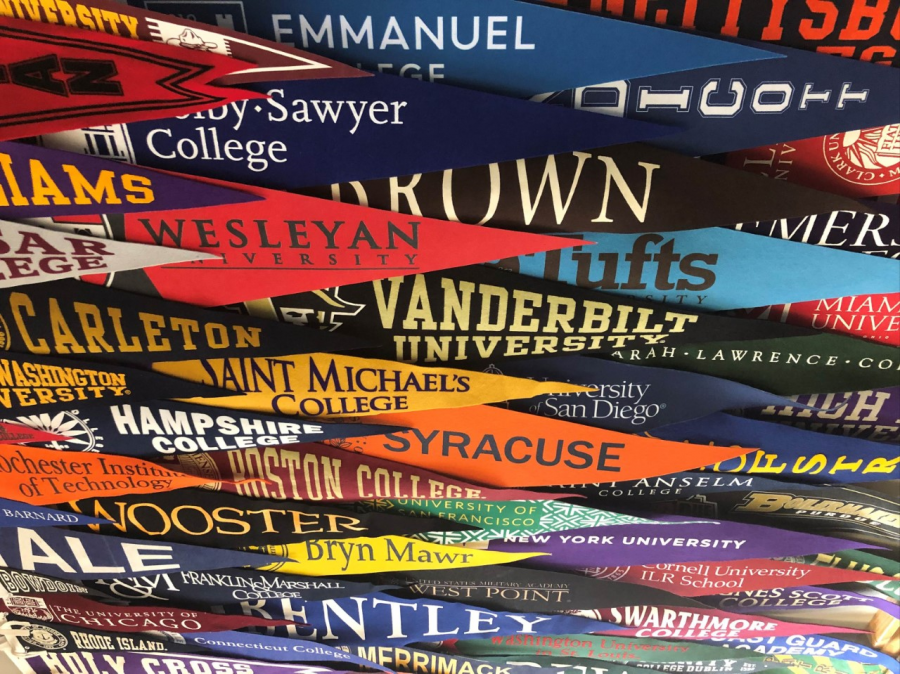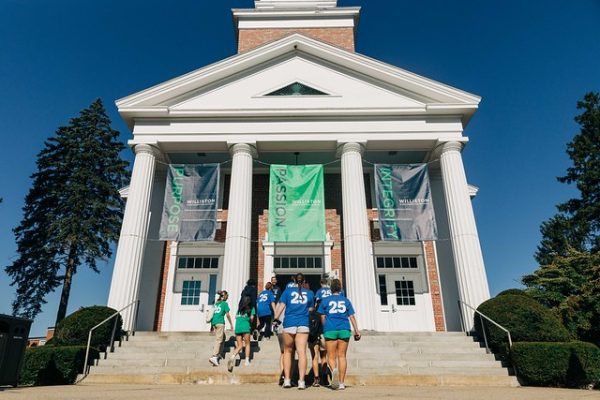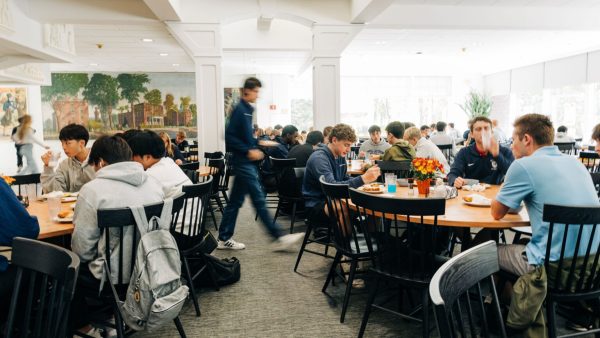Opinion: College Admission Isn’t About Merit, It’s about Money
The following is an opinion piece; the author’s views are his alone, and not necessarily representative of the entire paper.
A few months ago, I was in the middle of the chaotic and stressful college application process. On top of my usual workload from my classes and extracurriculars, I had to study for standardized tests, write multiple essays, attend college information sessions, and take interviews.
During this time, I realized how coming from a wealthy family gave me a significant advantage in the application process. For example, I didn’t have to worry about financial aid.
While the acceptance letter from NYU, which I plan to attend next year, claims that NYU is “open to students of all backgrounds based on their talent and merit alone,” I believe that is false.
In the month leading to the application deadline, I worked every waking minute to finish the tasks on my seemingly endless to-do list. Having to apply for financial aid would have added a lot to my workload, but it also would have given me a significant disadvantage compared to those paying full tuition.
If my parents could not pay the $80,000 tuition at NYU, I would have to be worth $320,000 ($80,000 per year, for four years), or some fraction of that sum, to be accepted on scholarship.
Since those cannot pay the tuition have to be worth their financial aid package, it’s possible that my acceptance to NYU was at the cost of someone who deserved it more, but was unable to pay.
A possible solution is for more colleges to adopt a need-blind admissions policy, like Yale University.
“Yale meets 100% of demonstrated financial need for all admitted students regardless of citizenship or immigration status,” reads Yale’s website.
While millions of prospective students would be delighted by this policy, only a few colleges have adopted it.
According to Ashley Robinson in a PrepScholar article, “As of 2019 there are only 11 universities in the U.S. that meet full financial need for each student with a no-loans policy.”
While a need-blind financial aid policy looks like an easy solution to the increasing wealth gap at high-ranking universities, the issue is more complicated.
According to an article in The New York Times, “The median family income of a student from NYU is $149,300, and 48% come from the top 10 percent,” At Yale, “The median family income of a student … is $192,600, and 57% come from the top 10 percent.”
Yale offers a need-blind financial aid policy, but its students have a higher median family income than NYU, which does not offer a need-blind financial aid policy.
I’m unsure why this is the case, but it shows the complexity of the financial aid problem. Still, one thing’s for sure: universities, I believe, are not as “open to students of all backgrounds based on their talent and merit alone” as they claim.












